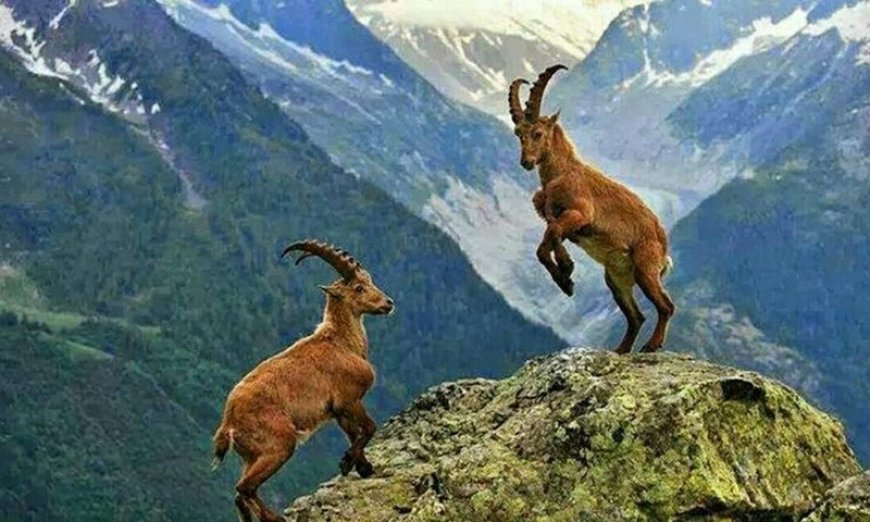World Record Fee Paid for Astore Markhor Hunting Permit
A world record fee of $186,000 has been paid for an Astore Markhor hunting permit in Gilgit-Baltistan, boosting wildlife conservation, local development, and eco-tourism in Pakistan.

In a historic development for Pakistan’s trophy hunting program, a world record fee has been paid for an Astore Markhor hunting permit during the 2025 trophy hunting season in the scenic valleys of Gilgit-Baltistan (GB).
According to the Gilgit-Baltistan Wildlife Department, the hunting permit for the Astore Markhor — Pakistan’s national animal and one of the world’s rarest wild goat species — was auctioned for a staggering $186,000 (approximately PKR 52 million), marking the highest-ever amount paid for this species in the region’s hunting history.
The trophy hunting program in Gilgit-Baltistan has attracted hunters from across the globe due to its strict wildlife conservation policies and sustainable hunting framework.
Officials confirmed that the Astore Markhor permit broke all previous records, highlighting the rising global demand for Pakistan’s exotic wildlife species under controlled hunting programs.
“This is a remarkable moment for Pakistan’s conservation efforts,” said an official from the GB Wildlife Department.
“The record-breaking fee showcases the success of our trophy hunting initiatives while supporting local communities and wildlife preservation.”
Under the trophy hunting policy, 80% of the permit fee is allocated directly to local communities residing in the protected wildlife areas, while 20% goes to the government’s wildlife conservation fund.
This revenue-sharing model has helped:
-
Protect endangered species like the Astore Markhor
-
Discourage illegal poaching
-
Provide economic incentives for communities to safeguard wildlife habitats
-
Support development projects in remote areas
In previous years, trophy hunting has successfully increased the population of Astore Markhor and other rare species in Gilgit-Baltistan.
The Astore Markhor (Capra falconeri falconeri), native to northern Pakistan, is known for its majestic spiral horns and elusive nature. It is classified as near-threatened by the International Union for Conservation of Nature (IUCN).
Due to Pakistan’s strict hunting regulations, the population of Markhors has significantly recovered in recent years, making the country a leading success story in wildlife conservation.
Experts believe that the record-breaking hunting fee will boost eco-tourism and generate income for residents. Trophy hunters, mostly from Europe and the United States, contribute not only through permit fees but also by spending on travel, accommodation, and local services.
This sustainable model has:
-
Encouraged wildlife-friendly tourism
-
Created job opportunities for locals
-
Increased foreign exchange earnings for Pakistan
Pakistan’s trophy hunting program has received international appreciation for balancing wildlife protection with economic development.
By attracting elite hunters willing to pay record-breaking amounts, Pakistan has positioned itself as a premier destination for controlled hunting while simultaneously ensuring the survival of endangered species.
The world record fee paid for the Astore Markhor hunting permit highlights Pakistan’s success in wildlife conservation and eco-tourism promotion.
While critics remain divided on trophy hunting, the Gilgit-Baltistan model has proven effective in protecting rare species, empowering local communities, and boosting the national economy.

 Ateeq Ur Rehman
Ateeq Ur Rehman